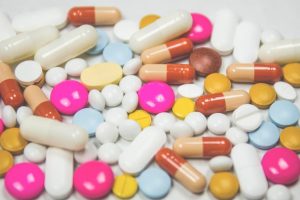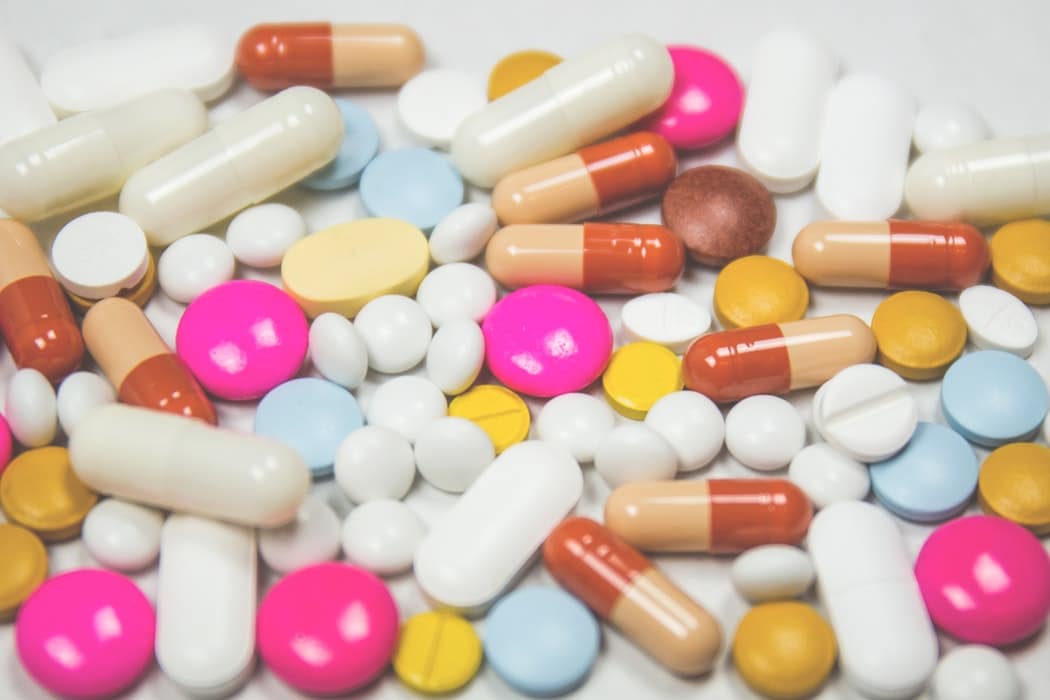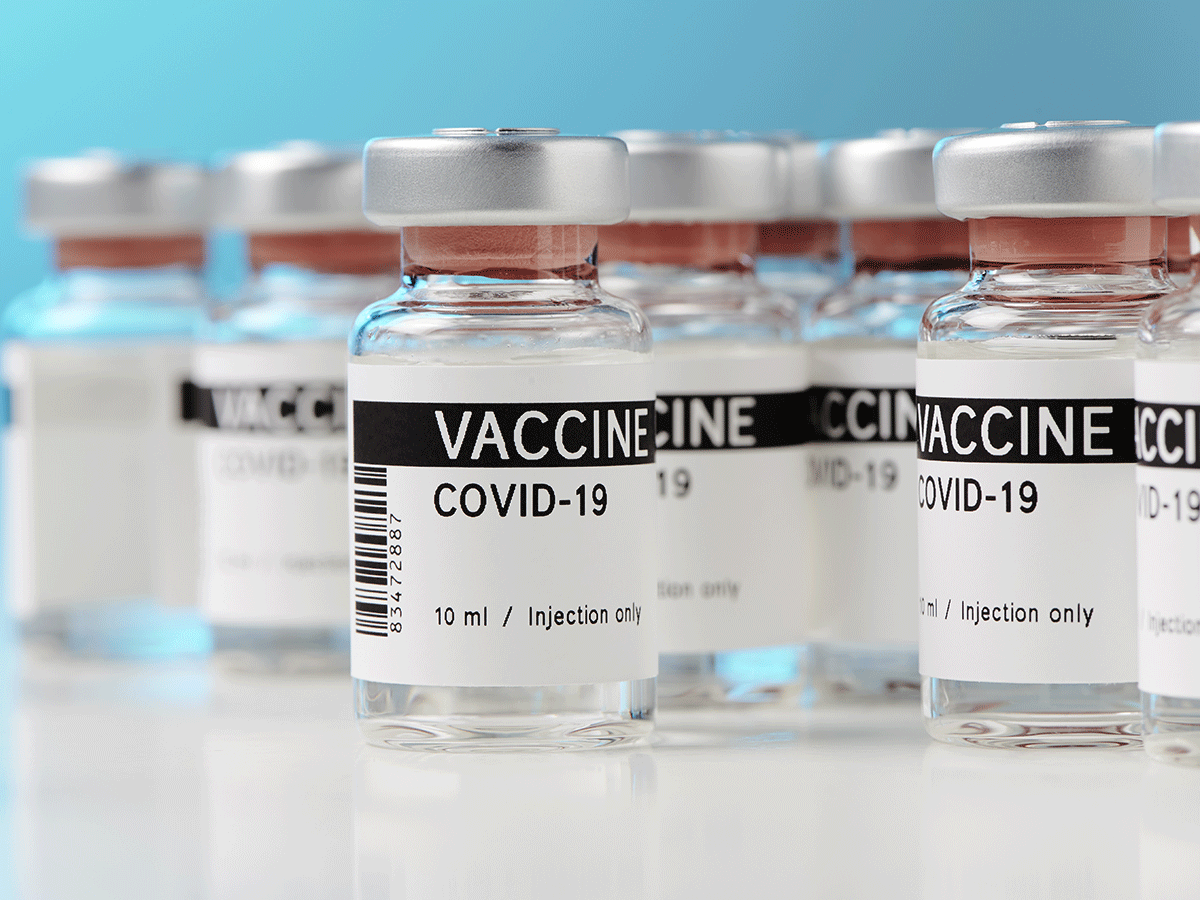
In a new study, it was revealed that a commonly prescribed medication (Proton pump inhibitors (PPI)) for acid reflux and heartburn is found to have greater than double the risk of developing stomach cancer. Long-term usage of Proton pump inhibitors is found to increase the stomach cancer risk by as much as 250%. PPI is the most widely employed drugs for the treatment of infection caused by Heliobacter pylori. On the flipside, earlier we have seen the case of Methyldopa, an anti-anxiety drug
Current study:
The current study is carried out by professor wang and researchers from the University of London. Researchers analysed the database of 63,937 adults belonging to Hongkong who underwent triple medication therapy for the treatment of Heliobacter Pylori infection. The triple medication feature PPI+two antibiotics.After the infection has been eradicated, they were monitored for 7.5 years. During that time 3271 adults continued to take PPI, while 21,729 people took an alternative drug called H2 blockers. Out of the total 63,397 participants, 153 people developed stomach cancer.
On close observation, it was found that people who take PPI drugs have an increased risk (2.44 times) of cancer than those that received H2 drugs. The cancer risk further amplified with long- treatment and higher frequency of taking PPI drugs. Daily usage of PPI was associated to increase the cancer risk by 4.55 times, whereas continuous usage of the drug for three years further amplified the cancer risk by 8-fold.
Also Read: Siren’s smart socks tracks foot injuries in diabetic patients
Implications of the study:
Although it is an observational study, the current research brings to light the alarming finding that was not previously realised. The research has important clinical implications as currently, PPI drugs are among the top 10 generic drugs prescribed for heartburn. However much research has to be done to understand the long-term effects of PPI, nonetheless the current research depicts the risks associated with the use of PPI beyond short-term. The Research study was published in the Journal Gut.







